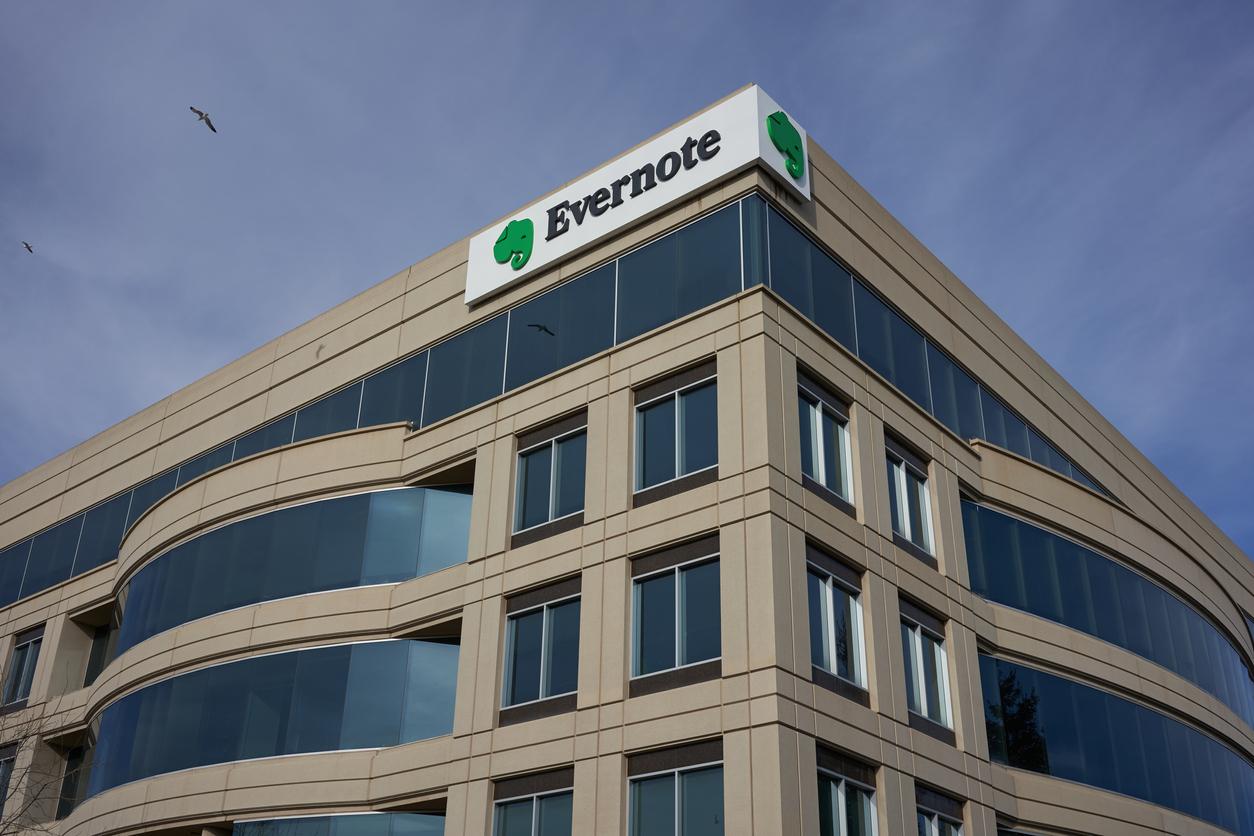5 Unicorn Startups That Failed—and Cost Investors Billions
As it turns out, going unicorn doesn't guarantee sustainable success. Here are some unicorn startups once worth billions that failed.
Nov. 5 2020, Updated 10:08 a.m. ET
We love to see seemingly overnight successes. They make us feel like anything is possible—and they do happen, but they're not always sustainable. Unlike Palantir and Airbnb, two startups that are still succeeding, not all unicorns (startups exceeding a billion in valuation) make the grade. To prove it, here are five unicorn startups that failed.
1. Evernote
If unicorn startup failures were a history class, Evernote would be the first lesson. The note-taking company was founded in 2004 and got its valuation to the first billion early on.
Experts cite freemium marketing and product stagnation as two of the biggest problems Evernote faced. Their once-bustling Silicon Valley headquarters eventually dwindled to a slow pace. While they're still around, the company is much slimmer than it once was.
2. Zynga
If you know social media, you know FarmVille. Facebook users eventually gave up on their obsession, and the game's parent company, Zynga, bore the brunt. In 2011, Zynga entered the public market with a $7 billion valuation.
Over the next few years, they continued to lose revenue, lose executives, and lose market capitalization. In 2019, Zynga sold all its real estate for $600 million, which just so happens to be more than they ever made from FarmVille.
3. Powa Technologies
With a one-time valuation of $3.5 billion, Powa Technologies—an e-commerce company based in London—raised more in a 2013 Series A funding round than any tech startup had before. A short three years later, Powa filed for bankruptcy and laid off most of their employees.
Despite the fact that PowaTag, their flagship smartphone app, was popular and streamlined, poor financial management eventually led to their demise.
4. Quibi
On Oct. 21, recent unicorn startup Quibi announced it was closing its metaphorical doors—just six months after launching. The micro-streaming platform was led by former Disney exec Jeffrey Katzenberg and had trouble maintaining consumer interest from the jump.
In 2018, Katzenberg raised $1 billion worth of funding. After launching in early 2020, the company surveyed its 1.5 million subscribers to see how many would be staying on after their free trial ended. About a third said they planned to cancel. While Quibi managed to score consumers through a complementary conversion, they couldn't retain their clientele. Ultimately, this led to their very public demise.
5. Theranos
I saved my favorite unicorn startup failure for last. In 2015, Theranos had achieved a $10 billion valuation, but the truth of the company's operations eventually came to light. CEO Elizabeth Holmes was overtly deceiving investors and consumers alike with her largely non-existent technology.
In Mar. 2018, the SEC officially charged two Theranos leaders with fraud, stating they acquired $700 million in funding on the basis of deceit. By June, they were officially indicted by a federal grand jury on nine counts of wire fraud and two counts of conspiracy to commit wire fraud. HBO's docuseries The Inventor: Out for Blood In Silicon Valley tells the whole tale, and it's gripping.


